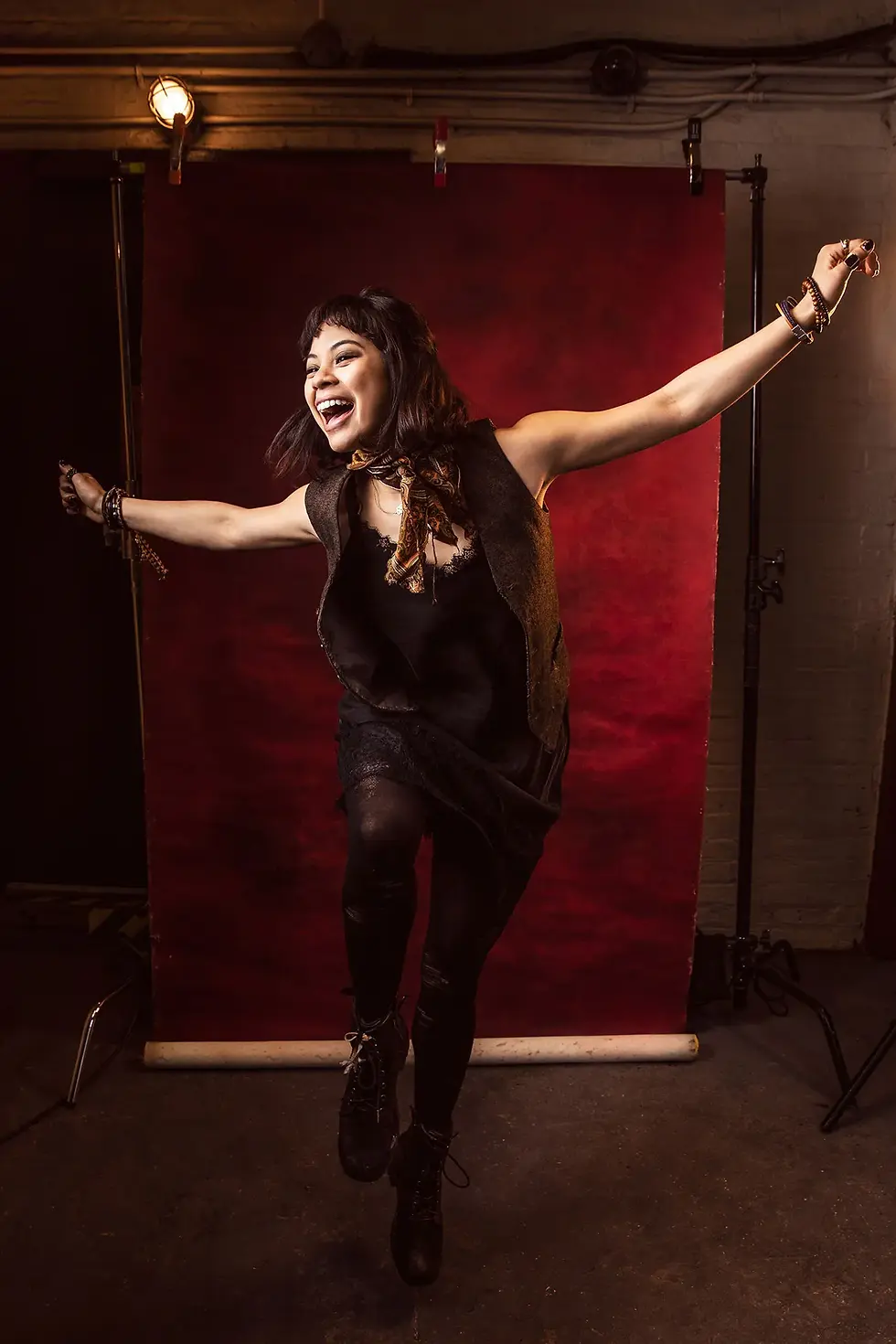Life ain't easy, Life ain't fair
- Erin Day

- May 15, 2024
- 3 min read
THE CHARACTERS:
This tale is haunting and leaves many audiences thinking about the story for ages and that is in part to the characters that bring the tale to life.

Orpheus: The hero, the guy everyone loves, a musician, and a hopeless romantic. Orpheus is the one who sees the best in the world, and it is the symbol for hope, love, and creativity. He is the one who leads the fight against oppression as he travels to save Eurydice. Inspiration to change the status quo is what audiences find in Orpheus and compassion for his failures.

Eurydice: One of the most realistic characters that audiences can relate to. She is incredibly complex and more on the pessimistic side. Eurydice longs for stability and comfort in a world that is cold and forgiving, willing to give up her love for that chance. While it is easy to say you would not be tempted by Hades, she is the ugly truth of our world and the people in it. She does give warning to the audiences that the grass is hardly ever greener and to not take the easy way out.

Hermes: While not the protagonist this story does not exist without Hermes, he is our narrator. As the messenger of the gods Hermes is doomed to tell this story again and again. As the only character to break the 4th wall he is the connection point. He is the one that brings the audience in and makes them see that the problems in Hadestown are the same one’s society is facing. The larger themes are revealed through Hermes and each character has their own moment with him specifically.
Hades: The villain, the bad guy, and god of the Underworld. Hades was once full of love for Persephone and was a fair and just ruler. But as is the nature of the world the power became too much, and he became corrupted. He is the face of capitalism and exploitation in Hadestown and gives the audience a face for these issues.

Persephone: Many love Persephone and see her as a victim of Hades cruelty, but there is more to it than that. As the goddess of spring, she was meant to split time between the Underworld and the top side creating all 4 seasons. Her choice to move too quickly between each is the cause of climate issues and paired with Hades they both hurt one another. This teaches the audience about greed and moving through life too quickly.

The Fates: Neither good nor bad, the Fates simply are. Three goddess Clotho, Lachesis, and Atropos are merely observers to the story. They are our bystanders that sit and cast doubt and insecurities at the heroes. They play with the emotions of the characters and create a sense of inevitably, what will happen will happen. This plays into the human ideal of destiny is up to fate and every decision shapes the story.
The Workers: The workers are also the ensemble, a collective group with no name. Easily dismissed but the story does not move without them. They are the stories version of society. Stuck in Hadestown they show the version of complacency in the world, and that if we as a collective don’t work together then change is impossible. The workers are the human spirit.




Comments